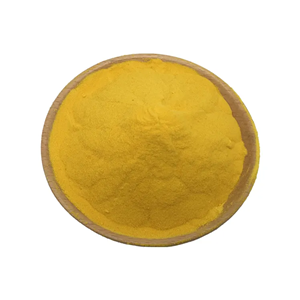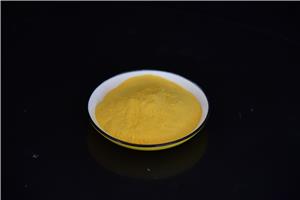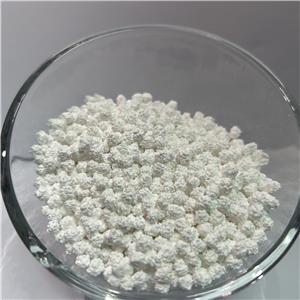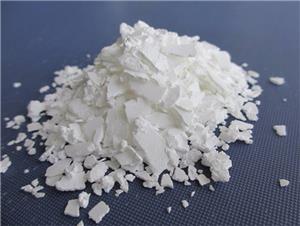Which crops are most in need of plant 'nutritional supplements-magnesium sulfate'?
In agricultural cultivation, when people talk about "fertilizers", they often first think of the three major elements: nitrogen, phosphorus, and potassium, but easily overlook the importance of magnesium. Magnesium sulfate, however, is an excellent "nutritional supplement" for plants to replenish magnesium. It not only provides magnesium essential for plant growth but also supplements sulfur, offering dual support for crop health. So, what role does magnesium play, and which crops are "particularly fond of" it?
Magnesium is a key "behind-the-scenes contributor" to plant growth, with its core function being participation in chlorophyll synthesis. As we all know, chlorophyll is the "power source" for plants' photosynthesis, and magnesium is the central atom in chlorophyll molecules. If magnesium is deficient, plant leaves will gradually turn yellow due to chlorosis, significantly reducing photosynthesis efficiency and directly leading to lower crop yields and poorer quality. Additionally, magnesium can enhance the activity of enzymes in plants, facilitating the synthesis and transportation of carbohydrates, proteins, and fats. It also strengthens crops' stress resistance, making plants more drought-tolerant and cold-tolerant.
Not all crops have the same demand for magnesium; the following types of crops have an especially urgent need for magnesium sulfate. First are fruit and vegetable crops, such as tomatoes, cucumbers, watermelons, and grapes. These crops have a long growth cycle and produce a large number of fruits, resulting in high nutrient consumption, especially for magnesium. If grapes lack magnesium during the fruit enlargement stage, their leaves will turn yellow between the veins, and in severe cases, leaves may fall off. This not only affects the accumulation of fruit sugars but also reduces fruit sweetness and taste. For tomatoes, magnesium deficiency leads to small fruits and uneven coloring, greatly devaluing their commercial worth. Timely supplementation of magnesium sulfate can make fruits larger and taste better.
Second are cash crops, including cotton, tobacco, and tea. When cotton lacks magnesium, brown spots appear on old leaves, the number of cotton bolls decreases, and fiber quality declines. For tea plants, magnesium deficiency slows the growth of new leaves and makes leaves thinner, affecting both the aroma and taste of tea. Magnesium sulfate provides sufficient magnesium and sulfur for these cash crops, helping them achieve higher economic value—for instance, making cotton fibers thicker and tea taste richer.
Furthermore, leguminous crops like soybeans and peanuts are also dependent on magnesium sulfate. The rhizobia in the root nodules of leguminous crops can fix nitrogen from the air, but the activity of rhizobia requires magnesium support. Without enough magnesium, rhizobia activity decreases, reducing the crops' nitrogen-fixing capacity, hindering growth, and lowering the number of pods. Supplementing with magnesium sulfate not only promotes the growth of leguminous crops but also increases their yields and improves seed plumpness.




